When you blame others, you give up your power to grow
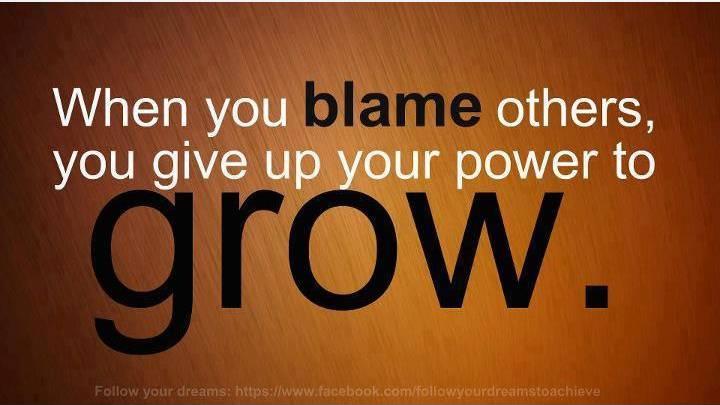
When you blame others, you give up your power to grow
Blame words are a common occurrence in our daily interactions with others. Whether it be in personal relationships, at work, or in social settings, blaming others for our own shortcomings or mistakes is a defense mechanism that many of us resort to when faced with challenges or criticism. However, what we fail to realize is that when we blame others, we are essentially giving up our power to grow and improve ourselves.Blaming others is a way of deflecting responsibility and avoiding accountability for our actions. It is much easier to point fingers at someone else than to take a long, hard look at ourselves and acknowledge our own faults and shortcomings. By shifting the blame onto others, we are essentially relinquishing control over our own lives and allowing external factors to dictate our behavior and decisions.
When we blame others, we are also denying ourselves the opportunity to learn and grow from our mistakes. Instead of taking ownership of our actions and using them as learning experiences, we choose to place the blame on someone else and absolve ourselves of any responsibility. This not only hinders our personal growth and development but also prevents us from gaining valuable insights and lessons that could help us become better individuals.
Furthermore, blaming others creates a toxic environment in which trust and communication are compromised. When we constantly point fingers and assign blame, it erodes the foundation of healthy relationships and creates a culture of negativity and resentment. This can have far-reaching consequences, not only in our personal lives but also in our professional and social interactions.
In order to break free from the cycle of blame words and reclaim our power to grow, it is important to practice self-awareness and introspection. Instead of immediately jumping to conclusions and pointing fingers, take a moment to reflect on your own actions and behavior. Ask yourself what role you played in the situation and how you can take responsibility for your part in it. By acknowledging your own faults and shortcomings, you can begin to take proactive steps towards personal growth and self-improvement.

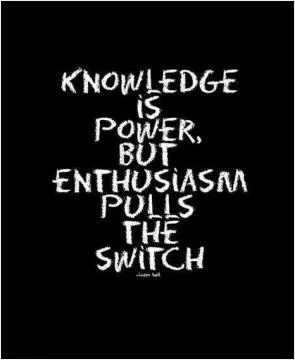

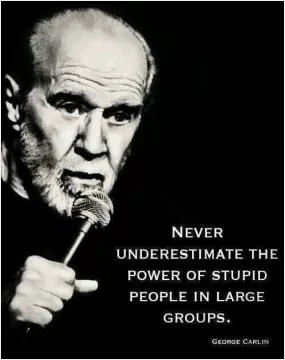
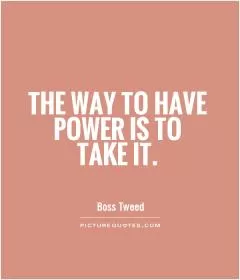
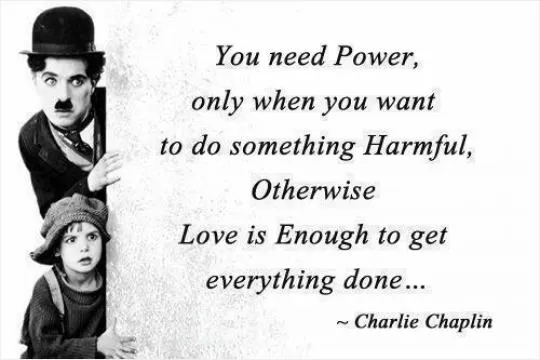
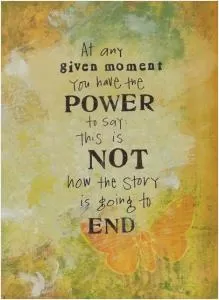

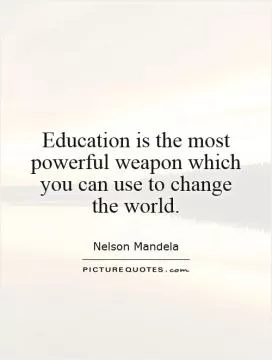
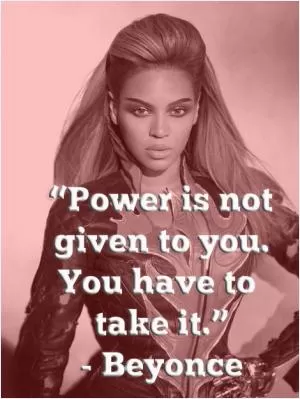
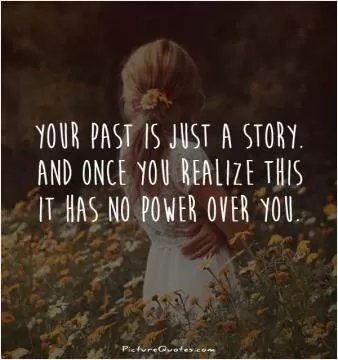
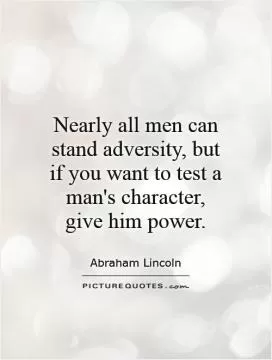
 Friendship Quotes
Friendship Quotes Love Quotes
Love Quotes Life Quotes
Life Quotes Funny Quotes
Funny Quotes Motivational Quotes
Motivational Quotes Inspirational Quotes
Inspirational Quotes